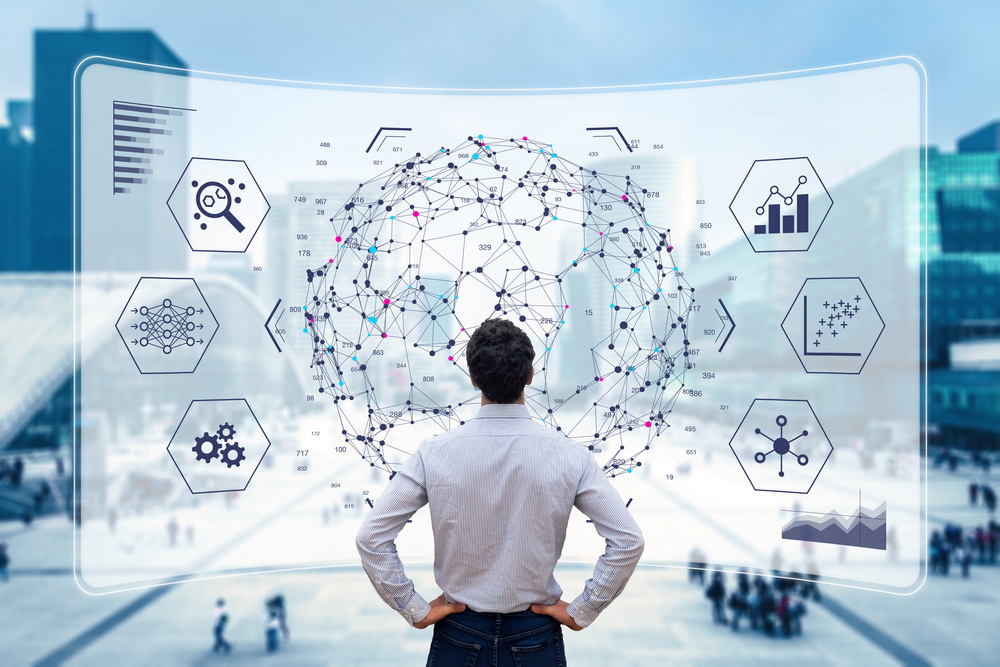The arrival of the 21st century brought with it a whole new era of technology. One of the biggest technology buzzwords at the time was ‘big data’. And although we do not talk about big data as much as we used to, we still utilize it. But wait. All technology aside, the human brain thrives on data. It has since the very beginning.
What is data if not information? Furthermore, data does not have to be derived from or presented through technology. Anyone can produce data by doing something as simple as writing observations down on a piece of paper. No technology is required. So when we’re talking about big date, we are merely discussing a computerized version of what the brain has been doing naturally since the dawn of creation.
-
Gather First, Analyze Later
In its purest form, big data is about volume. The driving principle behind big data has always been nothing more than gathering as much data as you possibly can and then figuring out how to analyze it to your advantage. Modern computer systems do just that. They keep track of every bit and byte of data regardless of whether it has a practical use. It is then up to engineers, researchers, marketers, etc. to figure out how to use the information effectively.
The ‘gather first, analyze later’ model that big data utilizes mimics what the human brain does naturally. Every minute of every day, your brain is gathering data about your surroundings. That data is being gathered even as you sleep. It may not have an immediate purpose, but your brain still gathers information and stores it away. At such time as it becomes relevant, your brain does something with it.
Just as a scientist or engineer might use data to make a decision, your brain decides what to do at any given moment based on the data it has to work with. For example, your brain will send blood rushing to the surface of your skin if it perceives cold. Why? To keep you warm.
-
Data Quality Matters
Big data is about volume first. But data quality is a close second in terms of what is most important to use data effectively. Dallas-based BenefitMall briefly touched on this in a recent post explaining how insurance brokers can use data to drive better sales.
The point BenefitMall was making is that quality data leads to better decisions. It is as true in the employee benefits world as it is in daily life. Your brain relies on quality data to make good decisions. Without it, making the right decision becomes more difficult.
-
Humanity’s Big Difference
The comparison between big data computers and the human brain only goes so far. At some point, it breaks down for one fundamental reason: human beings are able to reason, computers are not. Therefore, how humans perceive data can be influenced by experience, morality, ethics, and so forth.
Computers can analyze the data in order to spit out whatever results are required by their programming. But computers cannot make decisions with that data. Human brains can. In fact, they do so on an almost continual basis.
Truth be told, the human brain can do far more with data than even the world’s most powerful supercomputer. The ability to reason and make decisions based on data trumps any analysis a big data algorithm could produce. Remember that next time you find yourself amazed by what technology can do. Technology certainly is amazing to behold, but it does not even begin to compare to the capacity of the human brain.











